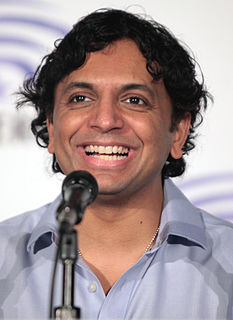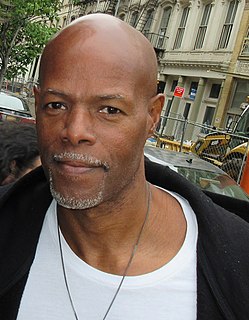A Quote by Guillermo del Toro
I think part of making movies is dealing with restrictions of freedom and budget. I'd rather deal with restrictions of budget. It's better to feel free within any budget.
Related Quotes
I think one of my favorite things about making low budget movies is that when you get into expensive moviemaking territory, it's almost impossible not to reverse engineer the movies. It's irresponsible not to think about the result and the financial result. But when you make low budget movies, you can put that out of your head.
This is the first time a newly inaugurated president has had any impact on a current budget." What that means is that normally when a president's inaugurated in January, the budget for the first calendar year of his term or the first nine months is already done. So from January 21st all the way 'til October when the new budget's done, the president has to deal with the previous Congress' budget and has nothing to say about it. What they're saying is that Donald Trump has had a record-breaking, never-before-seen thing by having an impact on the budget in his first year.
When you raise the budget, you make creative compromises. The higher the budget goes, the more cuts in your movie happen. When people talk about how movies are watered down, that's a direct reflection of money and budget. The less money you spend; the more risks you can take. That doesn't mean it will be successful, but at least you can try different stuff. The higher your budget is, the less you can do that.






































